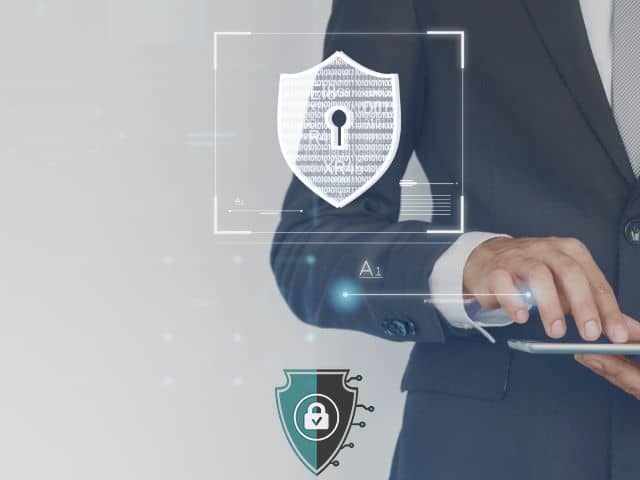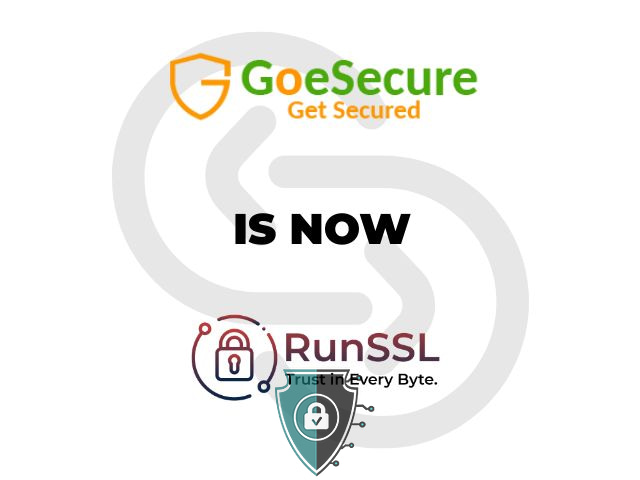The Essential Guide to Website Security in 2023: SSL Certificates and Beyond
In today’s digital landscape, website security is not a luxury—it’s a necessity. As cyber threats continue to evolve, and consumers…
The Essential Guide to Website Security in 2023: SSL Certificates and Beyond Read More »



